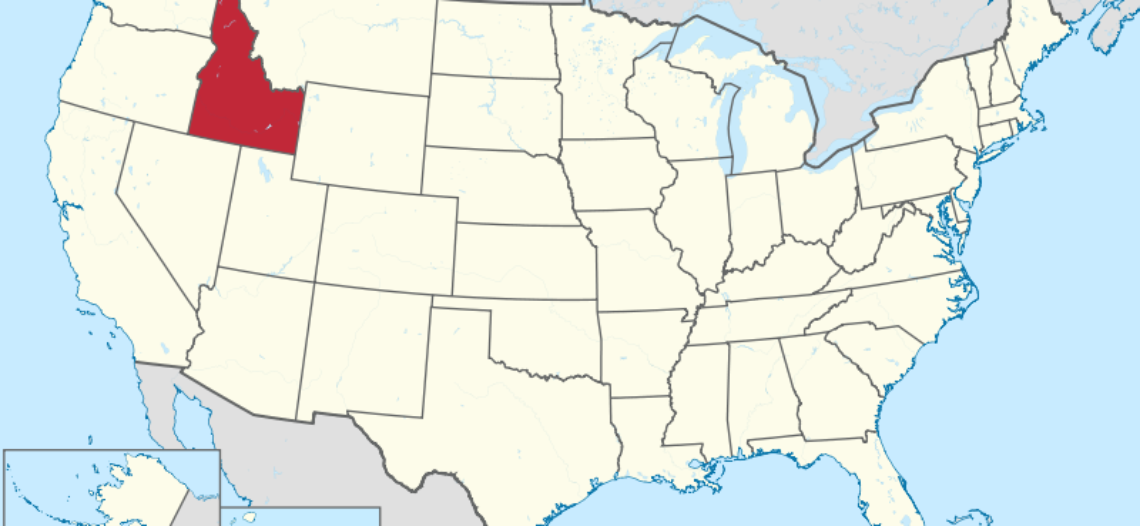Idaho Franchise Registration




Idaho is considered among the most business-friendly states in the country, with a low cost of living and low taxes. The state creates a conducive environment for businesses to thrive by eliminating the regulations which usually limit success. With the combination of low taxes and a balanced state budget, the economy of Idaho is considered among the strongest. Businesses are typically attracted by the state’s exemption of up to 90% in personal property tax and a highly skilled workforce with a can-do spirit. The state also helps businesses through supportive labor services like customized recruitment, worker training programs, and application pre-screening.
The United States has categorized states into three, filing, registration, and non-franchising when it comes to franchising. Idaho is among the non-registration state, meaning that franchisors are not required to file a notice or seek approval with the state before offering or selling a franchise. In addition, the state does not have specific franchise laws or business opportunity laws which it has enacted to regulate franchising. However, franchisors should familiarize themselves with federal franchise laws under the Federal Trade Commission (F.T.C.) when offering or selling a franchise in Idaho.
The Federal Trade Commission mandates that franchisors have a Franchise Disclosure Document updated according to the federal franchise laws. Therefore, before committing to an agreement or accepting payment from a potential franchisee, franchisors are required to present franchisees with an adequately written Franchise Disclosure Document (FDD) containing critical details about various aspects of your franchise. A franchise lawyer is the best resource for designing your FDD and helps you uphold franchise registration laws at the state and federal levels.
In Idaho, the only law that franchisors need to be cautious of is the state’s “Limitations on Right to Sue” statute, as codified under chapters 29-110. This law invalidates specific provisions in the franchise agreements that limit the time or venue where a franchisee can file a lawsuit against a franchisor for violating the franchise agreement. This can result from going against the information outlined in the Franchise Disclosure Document, which results in damages or unprecedented costs incurred by the franchisee.
Franchisors in Idaho should comply with the requirements of the Federal Trade Commission Amended Franchise Rule, 16 C.F.R. 436.1, which stipulates that franchisors in Idaho disclose a valid Franchise Disclosure Document before engaging in a franchise agreement or accepting payments from a prospective franchisee. A franchise lawyer can help you prevent such lawsuits by ensuring that your Franchise Disclosure Document contains all the relevant information in compliance with the federal franchise law.
Since the state of Idaho does not mandate franchisors to file or register their franchise opportunity, franchisors should ensure they have a well-designed Franchise Disclosure Document before any franchise agreements with a franchisee. The fewer regulations by the state mean that you should be vigilant on franchise laws at the federal level.
For more information on how to register your franchise in Idaho, visit the Franchise Marketing Systems site: https://www.fmsfranchise.com/learn/resources/state-guidelines/

Great Idaho franchise – Section 37 Axe Throwing!